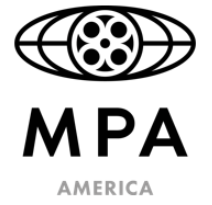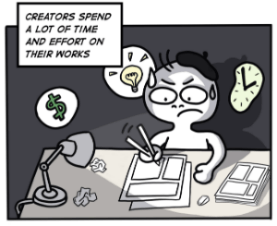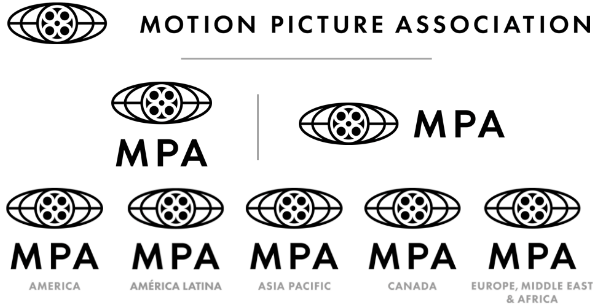House Judiciary Committee Doesn’t Want ‘DMCA-Style’ Safe Harbor in Trade Agreements
samedi 21 septembre 2019 à 22:33
When President Clinton signed the Digital Millenium Copyright Act (DMCA) into law in 1998, its goal was to ready copyright law for the digital age.
The law introduced safe harbors for Internet services (DMCA Section 512), meaning that they can’t be held liable for their pirating users as long as they properly process takedown notices and deal with repeat infringers.
Today the four-letter acronym is known around the world and the United States appears keen to export it in future trade agreements. Most recently, a DMCA-style provision was added to the United States-Mexico-Canada Agreement (USMCA), which covers a wide variety of trade issues including copyright-related topics.
While this would have been welcomed by rightsholders twenty years ago, the situation looks quite different today. The music industry, in particular, believes that the DMCA is obsolete, dysfunctional, and even harmful. For these reasons, major industry groups would like to see it replaced with something ‘better.’
When the first draft of the USMCA was published, the RIAA made this clear in no uncertain terms. “Modern trade treaties should advance the policy priority of encouraging more accountability on public platforms, not less,” RIAA President Mitch Glazier said.
The issue was crucial enough to be specifically mentioned in the RIAA’s lobbying disclosures at the U.S. House and Senate. This may have had an effect, as this week the concerns were picked up by the House Judiciary Committee.
In a letter to the U.S. Trade Representative (USTR), the Judiciary Committee points out that Section 512 of the DMCA is widely debated and that “some” have called on Congress to update it.
The Committee notes that the U.S. Government conducted an in-depth review over the past years of which the results are expected soon. This may in part be impacted by the European Union’s new Copyright Directive which hints at potential upload filters and increases in liability for online service providers.
“The U.S. Copyright Office is expected to produce a report on Section 512 around the end of this year, the result of a multi-year process that started in 2015. Moreover, the European Union has recently issued a copyright directive that includes reforms to its analogous safe harbor for online platforms, which may have an impact on the U.S. domestic policy debate,” the letter reads.
The Judiciary Committee doesn’t take a position in this debate but it stresses that adding the widely contested safe harbor language to the USMCA and other trade agreements, would not be wise at this point.
“[W]e find it problematic for the United States to export language mirroring this provision while such serious policy discussions are ongoing,” the letter, signed by House Judiciary Committee Chairman Jerrold Nadler and Ranking Member Doug Collins reads.
“For that reason, we do not believe a provision requiring parties to adopt a Section 512-style safe harbor system of the type mandated by Article 20.89 should continue to be included in future trade agreements,” the letter adds.
The Committee urges the USTR to take the matter seriously and consider the possible changes that are coming. This largely reflects the position of several major copyright industry groups, including the RIAA.
If the language is indeed removed or changed it will be a major setback for Internet services and various digital rights groups. This includes the Re:Create Coalition, which welcomed the inclusion of these protections last year.
—
A copy of the letter sent by the House of Representatives Committee on the Judiciary to the USTR is available here (pdf).
Source: TF, for the latest info on copyright, file-sharing, torrent sites and more. We also have VPN reviews, discounts, offers and coupons.





